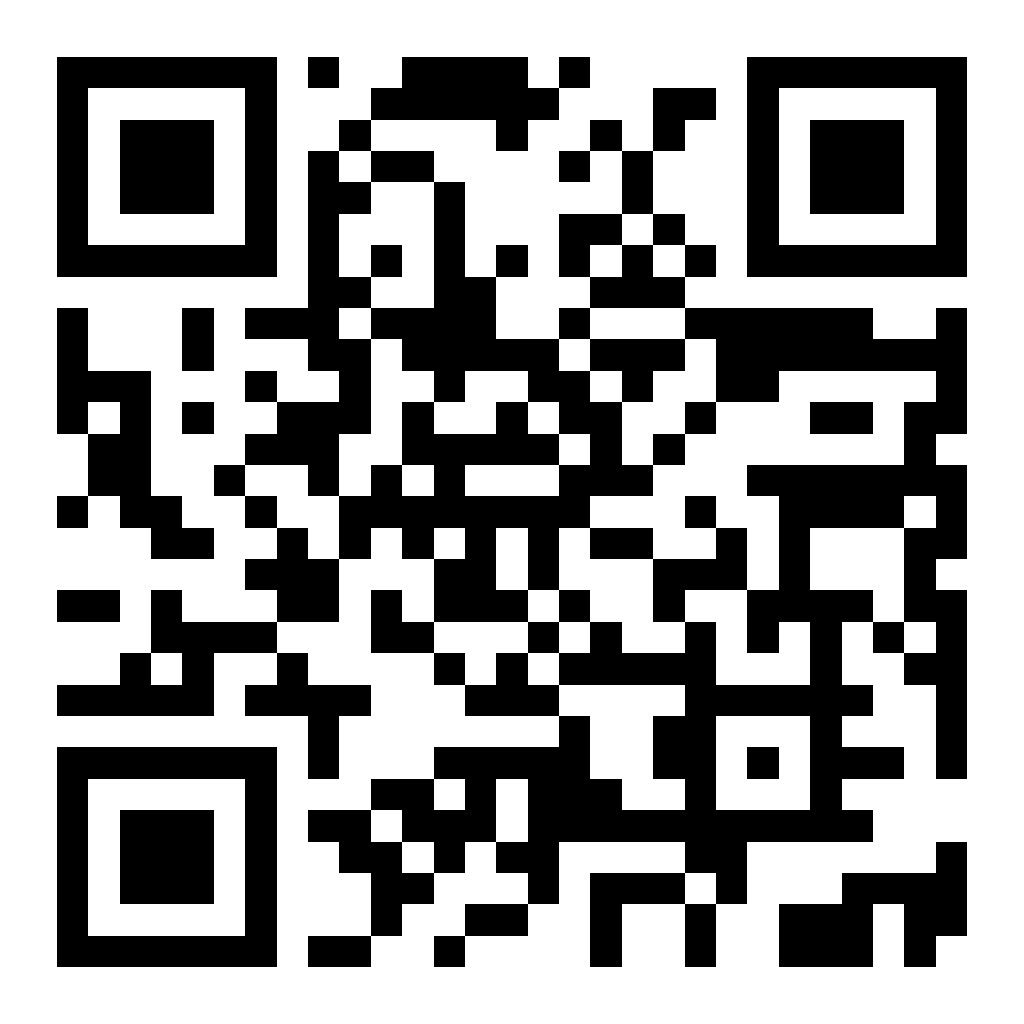Concussion
Concussion is becoming an increasingly important issue in the sporting landscape. As part of our commitment to the welfare of participants at all levels of equestrian sport, we've produced equestrian-specific advice, developed by our World Class Programme Human Sports Science and Medicine team. This comes in response to the action plan published by the UK Government in December 2021 to address concussion in sport to help reduce risks and potential long-term effects associated with head injuries, following a Select Committee report. Sports across the UK have pledged unified support of the plan and, going forward, we'll be working with our member bodies to provide unified guidance for the equestrian industry, and improve education and awareness around concussion.
what is concussion?
Concussion is an injury to the brain resulting in a disturbance of brain function. It can be caused by a direct blow to the head, but can also occur when a blow to another part of the body results in rapid movement of the head, such as whiplash type injuries. Loss of consciousness does not always occur – in fact, it occurs in less than 10% of concussions. A history of previous concussion increases the risk of further concussions, from which it may also take longer to recover.
What are the symptoms of concussion?
Concussion can present in a variety of ways and will differ from person to person. Signs/symptoms can be physical, cognitive or behavioural, and it's important to remember that they can take hours or sometimes days to appear. For further guidance about how to recognise a concussion, check out our concussion guidance document below.
What should i do if i suspect a concussion?
If you believe someone has suffered a concussion following a fall from a horse, or a blow to the head, face, neck or body, take immediate action. The person must immediately cease all ridden, equestrian-related activity and any potentially strenuous mental or physical activity, then you should follow the four Rs...
- Recognise the signs and symptoms
- Remove the injured person from the scene
- Recover until all symptoms have been resolved
- Return gradually to activity
Further information on the four Rs is available in our concussion guidance document below.
Concussion guidance
Aimed at participants at all levels of equestrian sport – including riders, vaulters and drivers, parents, coaches, officials, grooms, medical personnel and event organisers – our concussion guidance document provides information on how to manage concussion, from the time of injury through to a safe return to equestrian sport. This includes the stages of recovery following concussion and a standardised ‘return to riding’ programme, both which should be carried out in conjunction with advice from a qualified medical practitioner or healthcare provider.
While this document contains general medical information, it doesn’t constitute medical advice and should not be relied on as such. This guidance is not a substitute for medical advice from a qualified medical practitioner or healthcare provider.
BRITISH EQUESTRIAN CONCUSSION GUIDANCE
Alternatively, why not download and print our handy pocket guide to concussion, or save it on the your phone so you're always ready in the event of an accident.
You can request a printed copy from the British Equestrian office by sending a self-addressed stamped envelope (DL size, small letter stamp) to:
Concussion Card
British Equestrian
Equestrian House
Abbey Park
Stareton
Kenilworth
Warwickshire
CV8 2RH
Further resources
Nutritional support for concussion recovery
UK Government Grassroots Concussion Guidelines
If you've had an accident which resulted in concussion, The British Equestrian Trade Association (BETA) has launched a new way of collecting and recording information relating to accidents and injuries. The new Rider Accident & Equipment Reporting Form, which is available to anyone experiencing an accident and injury around horses, is part of the association’s continued drive to help make equestrian sport safer.
The Rider Accident & Equipment Reporting Form can be accessed via a web link or by QR code (see right). The form is also easy fill in and allows BETA to collect additional information surrounding accidents to help inform design and protection development of safety equipment moving forward.
Concussion podcast
Concussion mythbusters
There's plenty of misinformation out there around concussion and here's some of the truths...
Myth: You only get concussion if you hit your head.
Truth: Concussion is an injury to the brain resulting in a disturbance of brain function. It can be caused by a direct blow to the head, but can also occur when impact to another part of the body results in rapid movement of the head, such as whiplash-type injuries.
Myth: You only get concussion if you fall unconscious.
Truth: A loss of consciousness occurs in only around 10% of concussion cases, so it isn’t a reliable indicator.
Myth: Concussion symptoms will show straight away
Truth: Some signs and symptoms of concussion can take hours or sometimes even days to become evident.
Myth: Wearing a riding hat will prevent concussion
Truth: While a riding hat will reduce the risk of serious injury, it won’t prevent you from getting a concussion
Riding hats are a vital piece of safety equipment for when you’re around horses and it’s always recommended to wear one when you’re in the saddle. However, their relationship with concussion is often misunderstood. Did you know…one study in racing showed that 70% of falls resulted in head injury – of these, 91% were concussions and 46% showed no external damage to their helmet. An indpendent study by Virginia Tech has shown that hats fitted with MIPS technology can reduce concussion.
Myth: Concussion is the same for everyone
Truth: Women are twice as likely to suffer from concussion as men, while children take longer to recover. A history of previous concussions also increases the risk of further concussions, from which it may also take longer to recover.
Myth: There are tests to diagnose a concussion
Truth: A concussion diagnosis can only be made based on the nature of the injury and the symptoms shown
